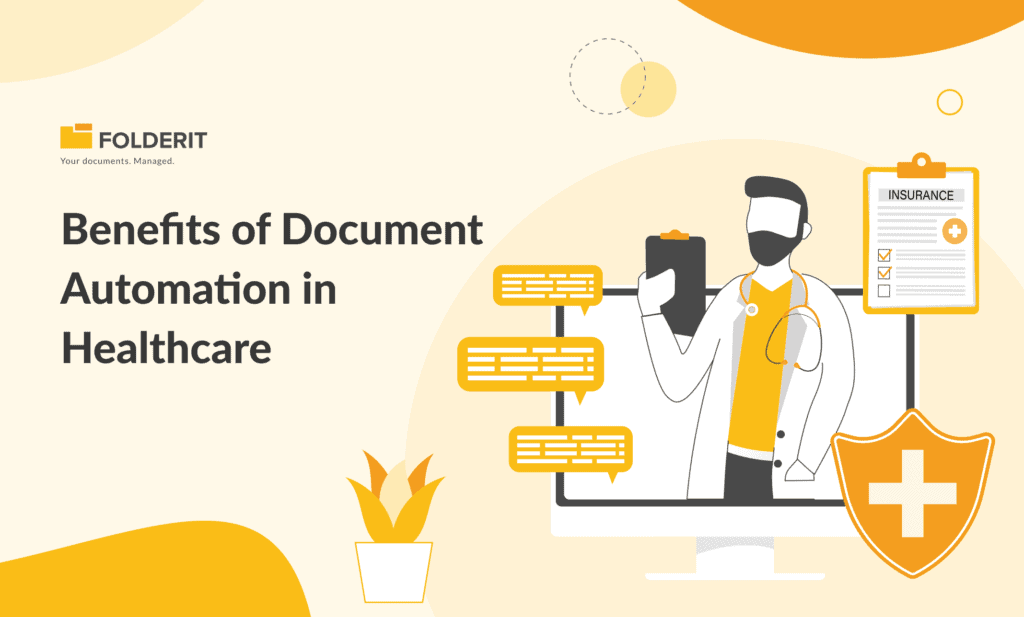The need for across-the-board integration of automation technology in the healthcare sector has become paramount. Automation in healthcare brings a multitude of benefits, ranging from improved patient outcomes to streamlined administrative processes.
Enhanced Patient Care and Outcomes
One of the most significant impacts of automation in healthcare is the improvement in patient care. Automated systems enable healthcare providers to deliver more personalized and intensive care. Technologies like Remote Patient Monitoring (RPM) increase patient engagement and awareness, leading to better health outcomes. Additionally, automation helps in reducing human errors, which are a major cause of injury and death in healthcare settings.
Streamlining Administrative Tasks
Healthcare automation greatly simplifies administrative tasks. From scheduling appointments to managing patient records, automated systems ensure efficiency and accuracy. This not only saves time but also reduces the workload on healthcare staff, allowing them to focus more on patient care. Folderit's Document Management System (DMS), for instance, automates key processes such as document handling and compliance management, significantly easing administrative burdens.
Cost Reduction and Operational Efficiency
Automation is a key driver in reducing operational costs in healthcare. By automating routine tasks, healthcare facilities can minimize the need for manual labor, leading to substantial cost savings. Moreover, technologies like Robotic Process Automation (RPA) streamline complex processes, enhancing operational efficiency and reducing the likelihood of costly errors.
Compliance and Risk Management
In the healthcare industry, compliance with regulations such as HIPAA is crucial. Automation plays a vital role in ensuring adherence to these regulations. Automated systems can manage and protect sensitive patient data, maintaining compliance and reducing the risk of data breaches. Folderit's HIPAA-compliant DMS is an excellent example of how automation aids in managing Protected Health Information (PHI) securely.
Improved Revenue Cycle Management
Automation significantly impacts the revenue cycle management in healthcare. By automating billing and claims processes, healthcare providers can ensure more accurate billing, reduce errors, and enhance revenue generation. This leads to a more streamlined financial operation, contributing to the overall financial health of the healthcare facility.
Data-Driven Decision Making
Automation in healthcare facilitates the collection and analysis of vast amounts of data. This data-driven approach aids healthcare providers in making informed decisions, improving patient outcomes, and optimizing treatment plans. With advanced analytics, healthcare professionals can identify trends, predict patient needs, and tailor their services accordingly.
Enhancing Patient Experience
Automation technologies significantly enhance the patient experience. Automated appointment reminders, online scheduling, and digital check-ins reduce wait times and improve patient satisfaction. Moreover, automation in patient communication ensures timely and personalized interaction, fostering a better patient-provider relationship.
Boosting Healthcare Accessibility
Automation extends the reach of healthcare services, making them more accessible to a wider population. Telehealth services, powered by automation, allow patients in remote areas to receive medical advice and care without the need for physical travel. This not only saves time but also ensures that quality healthcare is accessible to all, regardless of location.
Supporting Healthcare Staff
Automation tools provide substantial support to healthcare staff. By automating routine tasks, staff can focus on more critical aspects of patient care. Tools like Folderit's DMS automate document management and workflow processes, reducing the administrative burden on healthcare professionals and enhancing their efficiency.
Driving Innovation in Healthcare
The integration of automation in healthcare is a catalyst for innovation. It encourages the development of new technologies and treatment methods, pushing the boundaries of what is possible in healthcare. From AI-driven diagnostics to robotic surgeries, automation paves the way for advanced healthcare solutions.
The Folderit's Approach to Automation in Healthcare
Folderit's suite of automation tools addresses many of the challenges faced in healthcare document management. Its DMS simplifies the management of healthcare records, ensuring compliance, security, and efficiency. By automating workflows and integrating with other systems, Folderit enhances the overall efficiency of healthcare operations.
Folderit’s document management system offers:
Seamless Integration and Customization: At its core, Folderit's automation capabilities are designed for seamless integration into existing healthcare systems. This integration is pivotal in ensuring that healthcare providers can adopt automation without disrupting their current workflows. Folderit's system is highly customizable, allowing healthcare facilities to tailor the automation features to their specific operational needs.
Advanced Automation Features: Folderit's automation toolkit encompasses a range of features that streamline healthcare operations. From automated document handling and patient record management to streamlined workflow processes, Folderit ensures that repetitive and time-consuming tasks are efficiently managed. This not only saves time but also reduces the likelihood of human error, a critical factor in healthcare.
Integration with MAKE (Formerly Integromat): A key aspect of Folderit's automation prowess is its integration with MAKE, a powerful tool that enables users to connect Folderit with hundreds of other apps and services. This integration allows for the creation of custom workflows that can automate tasks across different platforms, enhancing efficiency and data coherence across various healthcare systems.
Enhancing Compliance and Security: In the healthcare industry, compliance with regulations such as HIPAA is non-negotiable. Folderit's automation tools are designed with compliance in mind, ensuring that all automated processes adhere to the strictest security and privacy standards. This not only safeguards patient data but also helps healthcare providers maintain compliance with ease.
Improving Patient Care and Outcomes: Ultimately, the goal of Folderit's automation in healthcare is to enhance patient care. By automating administrative tasks, healthcare professionals can focus more on patient interaction and care delivery. Automated reminders, scheduling, and patient follow-up processes ensure that patients receive timely care and attention, leading to improved health outcomes.
The Future of Healthcare with Automation
The future of healthcare is intertwined with automation. As technology continues to advance, the benefits of automation in healthcare will only grow, leading to more efficient, accessible, and high-quality healthcare services. Embracing these technologies is not just an option but a necessity for healthcare providers aiming to stay at the forefront of patient care and operational excellence.



